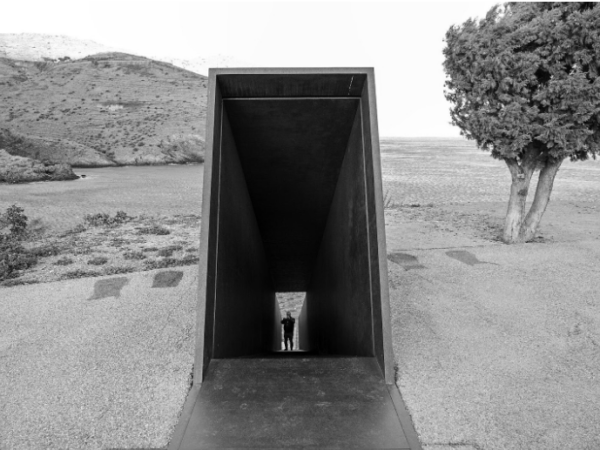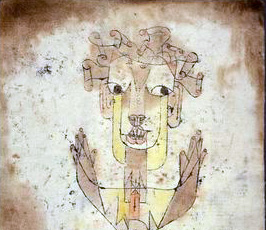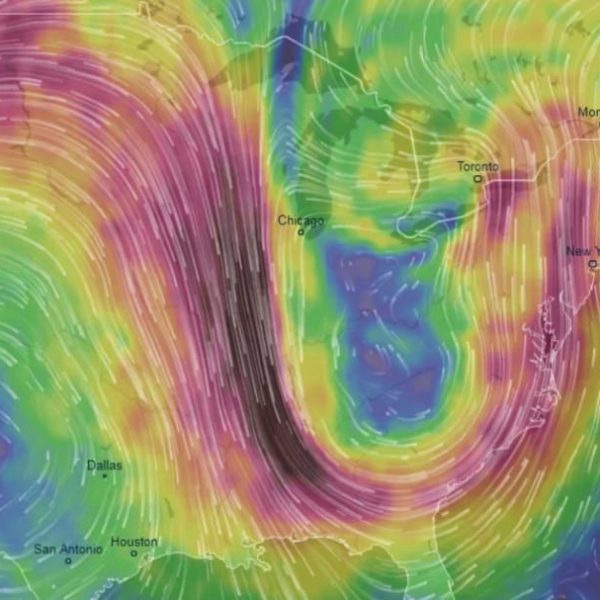
Everywhere, adults laugh at children for their giddy games, whereas they are blind to the ways in which their pretend play shapes every aspect of their lives and leads to exploitation and injustice. Human experience, particularly the experience of the youngster – where the ground of the soul and the ground of God come together in an overflow of light, constitutes the basis for the radical immanence of God within the world.
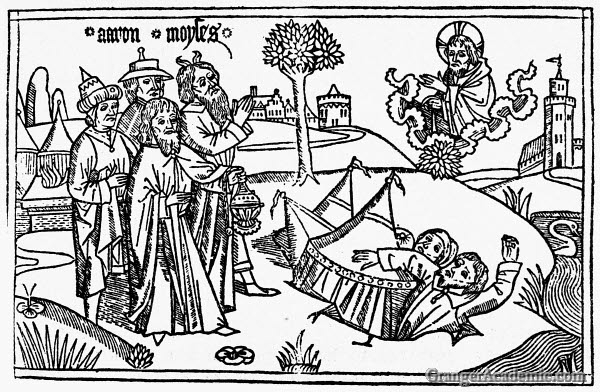
“Thinking about school education through Walter Benjamin’s concept of divine violence, we argue that schools must be defended not despite but precisely because of the violence they encompass.”
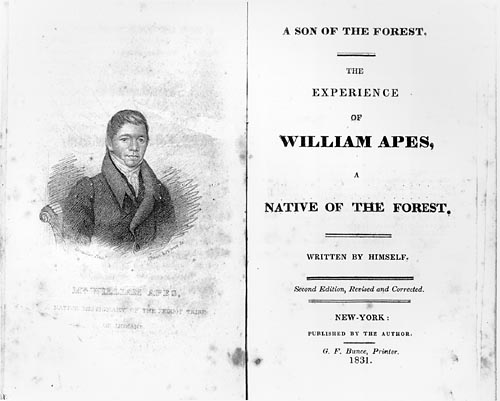
William Apess, like Walter Benjamin a century later, sought to shift the paradigms of society with history and theology as orienting poles for colonial critique. Anticipating Benjamin, Apess looked to those who had been wrecked by the advance of colonialism as the grounding site for historical and political theological inquiry.

…I see my list on political theology functioning like Wittgenstein’s ladder metaphor in his Tractatus. Once graduate students read and grasp these important texts, they should “throw away the ladder”, so to speak, and deconstruct all they have learned about political theology to illuminate contemporary problems on their own. Once they reach the top, they can throw away the ladder.


